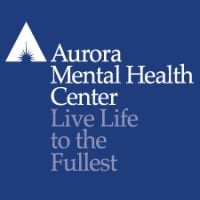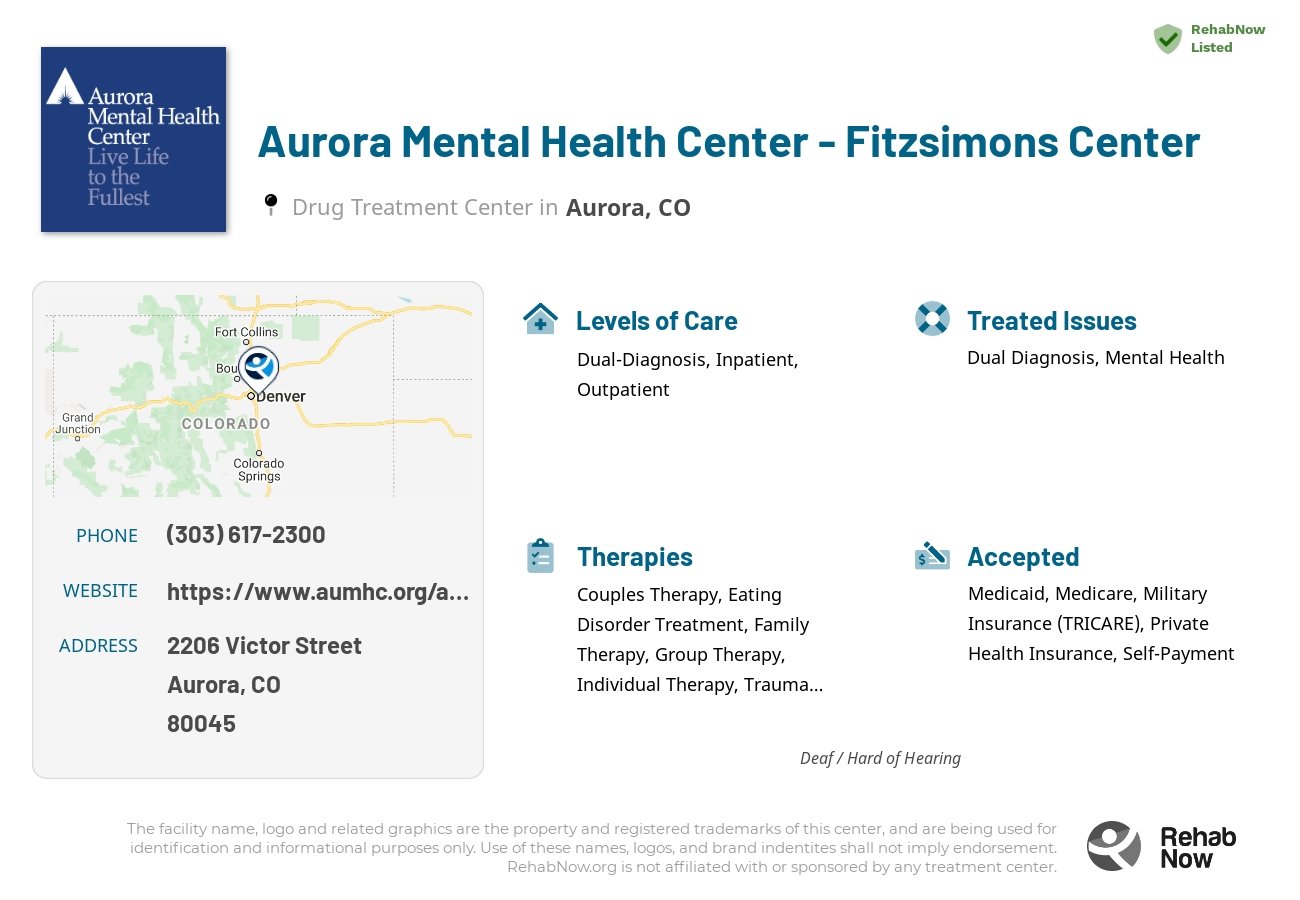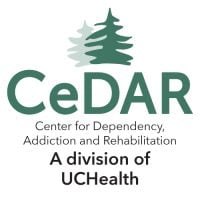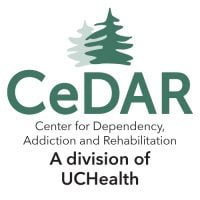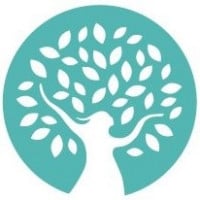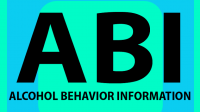Aurora Mental Health Center - Fitzsimons Center
Drug Rehab Center in Aurora, Colorado
Aurora Mental Health Center - Fitzsimons Center provides comprehensive and personalized addiction treatment services such as inpatient and outpatient programs, partial hospitalization, detoxification and intervention levels of care for individuals suffering from various addictions including dual diagnosis, eating disorder, drug addiction, alcoholism and substance abuse.
About Aurora Mental Health Center - Fitzsimons Center in Colorado
Aurora Mental Health Center - Fitzsimons Center is an addiction treatment facility located in Aurora, Colorado. They specialize in helping individuals who are suffering from dual diagnosis, eating disorders, drug addiction, alcoholism, substance abuse, and mental health issues. The center offers a range of treatment options to accommodate individual needs, including dual-diagnosis treatment, inpatient and outpatient programs, partial-hospitalization, detoxification services, and intervention levels of care. Aurora Mental Health Center - Fitzsimons Center is dedicated to providing comprehensive and tailored treatment plans for those seeking sobriety, with a focus on addressing the underlying causes of addiction and mental health issues.
At Aurora Mental Health Center - Fitzsimons Center, a variety of services and treatment methods are offered to assist individuals in their journey towards recovery. The center employs a dual-diagnosis approach, recognizing and addressing both substance abuse and mental health disorders concurrently. Their treatment programs encompass in-depth assessments, individual and group therapy sessions, medication management, family support, and education. The facility is equipped to provide both inpatient and outpatient care, with options for partial-hospitalization and detoxification services as well. With a commitment to personalized care, Aurora Mental Health Center - Fitzsimons Center aims to empower individuals, providing them with the tools and support needed to overcome addiction and achieve lasting recovery.
Genders
Ages
Modality
Additional
Conditions and Issues Treated
Many people need to recover from substance abuse to live a healthy life. In the end, if you can get through all the steps: detoxifying your body, rehabilitation after some time or when needed (depending on the type), and recovery while also receiving therapy support throughout the process, it can be worth it.
A detoxification center is a common place to start the recovery process from substance abuse. With your body and mind restored, you can continue to heal without the lingering effects of drugs.
Dual Diagnosis is a specific relationship between two or more disorders that have the same symptoms and can sometimes be treated together. This is used in the treatment planning process when dealing with drug addicts. Dual diagnosis can be viewed as a chronic medical condition that has comorbid psychiatric disorders.
Although addiction and a mental illness may have separate symptoms that are not easy to detect, they often go hand in hand. Many times, drug abuse is a direct result of the mental illness. In other words, treating the addiction will not resolve all of your issues. Unless you also treat the underlying mental illness, you will not be successful in achieving sobriety.
Levels of Care Offered
This center offers a variety of custom treatment tailored to individual recovery. Currently available are Detox, Dual-Diagnosis, Inpatient, Intervention, Outpatient, Partial-Hospitalization, with additional therapies available as listed below.
Detox refers to the progressive elimination from the body of toxins. The detox period depends on the form of addiction, the length of drug abuse, and the state of health. Under the supervision of medical practitioners, MAT detox based in Aurora, CO requires the use of medications.
Inpatient treatment is an intensive program that takes place when a patient checks into a rehabilitation facility. The treatment includes detoxification and counseling sessions, which are round the clock. Outpatient treatments are also available, but inpatient care is advised as the first step of rehabilitation.
Intensive rehab ensures the patient stays in a substance-free atmosphere, improving treatment success rates. The patient participates in group therapy for motivation from other patients who have overcome addiction. Family members are also involved in providing emotional support throughout the program.
An outpatient treatment program is set up to help with alcohol or drug addiction, or a co-occurring disorder. The patient must attend the Colorado facility for their therapy and other programs but are able to return home each night. The frequency of mandatory attendance decreases after much of Aurora Mental Health Center - Fitzsimons Center‘s program is complete.
Intervention services can be beneficial for people who have not been able to overcome drug and alcohol addiction on their own. It is recommended for individuals whose addiction has led to dangerous or life-threatening circumstances.
Intervention services are beneficial for:
- People who have relapsed after completing other forms of addiction treatment.
- People with drug addictions that have led to dangerous health conditions, such as HIV.
- People who are at risk of losing their family, home, or job due to addiction.
- People who are having difficulty overcoming drug and alcohol addiction on their own.
- An intervention can be conducted by professionals, or by loved ones of an addict. If the person being intervened on agrees to enter addiction treatment after the intervention, the next step would be to choose a treatment program.
If they do not agree to enter addiction treatment after the intervention, loved ones may choose to go back to the drawing board and try another form of treatment. They may also choose to not receive any further treatment, but there are usually other factors in play that may make it difficult for people to stop using drugs or alcohol.
Therapies & Programs
Individual Therapy is a critical component of addiction recovery. Therapists work with patients to identify the root of their addiction and figure out how to better handle the issues that led to them using drugs. Individual Therapy is the one-on-one session where people meet with their therapist. Individual therapy provides a safe space for people to open up and discuss personal and sensitive topics which they may not feel comfortable discussing in a group setting.
Couples therapy at Aurora Mental Health Center - Fitzsimons Center focuses on addiction treatment for the addict and their spouse. The addict’s family, not just the addict, can benefit from this form of therapy. Couples therapy addresses communication problems, trust issues, lack of intimacy, and abuse in intimate relationships. Couples therapy can help rebuild trust between partners, which increases the chances for successful treatment and sustained recovery.
Intimate relationships can be damaged during addiction, and professional help may be necessary to rebuild the often destroyed trust and love. Couples therapy at Aurora Mental Health Center - Fitzsimons Center helps couples improve communication and rebuild trust. Either or both partners will be helped by this treatment administered by professionals. This treatment can also help one or both partners if addiction is the problem.
Family therapy will also help families realize that the addiction is not their fault. For many years, people blamed themselves for an addict’s behavior and felt that they had done something wrong. This is not the case. Addiction is a disease, and it can strike anyone, even if their life seems fine from the outside. It can bring a lot of shame to a family when they have an addict in their midst, but if everyone is open and honest with each other, then they can help everyone stay in recovery.
Group Therapy is utilized by drug treatment centers like Aurora Mental Health Center - Fitzsimons Center to provide the recovering drug addict with a platform to talk about their feelings and experiences. It also provides for an opportunity to learn from other addicts who have successfully overcome their addiction.
Group Therapy is employed in lectures, seminars, or discussion groups (the latter two are typically conducted as “therapy groups”). It is recommended that all group members be recovering addicts for this type of therapy to work (though it does not exclude others with lived experience).
Trauma therapy is a clinical process that helps individuals deal with mental stress often caused by traumatic events. It is generally done for children, teenage victims of sexual assault, and war veterans. The therapist helps the person identify, understand and work through the problem. This is done with the help of talking about it in group or one-on-one counseling sessions. Therapists use relaxation, role-playing, art, and music to help the person open up about what is bothering them.
Cognitive behavioral therapy is also a popular service for individuals living with addiction. This type of supportive treatment uses both one-on-one counseling and group sessions to teach addicts how to identify thoughts, behaviors and emotions that might increase their risk of relapse.
These professionals can help addicts develop coping skills for managing stress, improving self-esteem and overcoming triggers. They might also use behavioral therapy to help addicts learn how to avoid cravings and warning signs that could lead them back into addiction.
Therapy can be used as a step-down from inpatient treatment or as the primary method of overcoming an addiction. No matter which option is best for the addict, they will teach important emotional coping techniques, which can make it easier for addicts to get through the tough days.
Payment Options Accepted
For specific insurance or payment methods please contact us.
Is your insurance accepted?
Ask an expert, call (888) 674-0062
Aurora Mental Health Center Associated Centers
Discover treatment facilities under the same provider.
- Aurora Community Mental Health Center in Aurora, CO
- Aurora Mental Health Center - Chambers Road in Aurora, CO
- Hampden Academy - Child and Family Outpatient in Aurora, CO
- Aurora Mental Health Center - Galena Center in Aurora, CO
- Aurora Mental Health Center - Alameda Center in Aurora, CO
Learn More About Aurora Mental Health Center Centers
Additional Details
Specifics, location, and helpful extra information.
Aurora, Colorado 80045 Phone Number(303) 617-2300 Meta DetailsUpdated November 25, 2023
Staff Verified
Aurora Mental Health Center - Fitzsimons Center Patient Reviews
There are no reviews yet. Be the first one to write one.
Aurora, Colorado Addiction Information
The Centennial State has slipped to a ranking of 12th in the country for drug abuse. Each year around 24% of the state's population uses illegal drugs while nearly 5% of its population abuses alcohol. Substance-related deaths in Colorado were responsible for 15.12% between 2008 and 2017. Fortunately, Colorado drug and alcohol addiction treatment are available to help a person overcome addiction.
The drug addiction problem in Aurora, CO is severe. The number of opioid-related deaths in the area quadrupled from 2013 to 2017. It's estimated that there are over 2,000 drug overdoses in Aurora each year. Many addiction treatment centers will offer a variety of therapies and treatments, such as group therapy, individual therapy, family therapy, medication-assisted treatment, and holistic therapies.
Treatment in Nearby Cities
- Vail, CO (82.4 mi.)
- Green Mountain Village, CO (16.4 mi.)
- Rockvale, CO (97.1 mi.)
- Loveland, CO (46.7 mi.)
- Thornton, CO (11.1 mi.)
Centers near Aurora Mental Health Center - Fitzsimons Center
The facility name, logo and brand are the property and registered trademarks of Aurora Mental Health Center - Fitzsimons Center, and are being used for identification and informational purposes only. Use of these names, logos and brands shall not imply endorsement. RehabNow.org is not affiliated with or sponsored by Aurora Mental Health Center - Fitzsimons Center.
